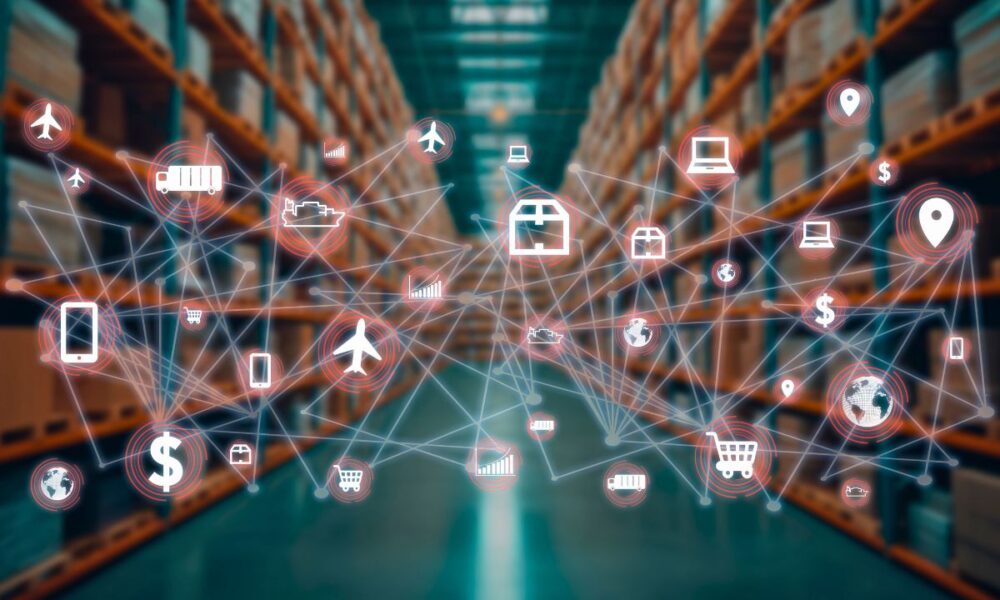Amazon CEO Andy Jassy said Tuesday that the company expects artificial intelligence to reduce its corporate workforce in the coming years.
In a memo sent to Amazon employees and posted publicly, Jassy prepared employees for the potential layoffs as the company begins to utilize AI more effectively in different industries.
Jassy opened the memo stating that Amazon is “using Generative AI to make customers lives better and easier.”
“What started as deep conviction that every customer experience would be reinvented using AI, and that altogether new experiences we’ve only dreamed of would become possible, is rapidly becoming reality. Technologies like Generative AI are rare; they come about once-in-a-lifetime, and completely change what’s possible for customers and businesses. So, we are investing quite expansively, and, the progress we are making is evident.”
This memo quickly began to warn employees about the potential for these developments, with Jassy writing that it “should change the way our work is done.”
“We will need fewer people doing some of the jobs that are being done today, and more people doing other types of jobs,” he added.
“It’s hard to know exactly where this nets out over time, but in the next few years, we expect that this will reduce our total corporate workforce as we get efficiency gains from using AI extensively across the company.”
Amazon has already been investing heavily in AI infrastructure, including a $10 billion campus in North Carolina and $20 billion for data centers in Pennsylvania, which are meant to support the growing demand for AI and cloud computing.
Jassy further highlighted how AI would impact both corporate roles, such as software developers, and warehouse operations by improving inventory management and robotics efficiency.
The CEO then encouraged employees to educate themselves about AI’s growth, noting the significant changes he has undergone since joining the company.
“As we go through this transformation together, be curious about AI, educate yourself, attend workshops and take trainings, use and experiment with AI whenever you can, participate in your team’s brainstorms to figure out how to invent for our customers more quickly and expansively, and how to get more done with scrappier teams,” he wrote.
“When I first started at Amazon in 1997 as an Assistant Product Manager, I worked on leaner teams that got a lot done quickly and where I could have substantial impact. We didn’t have tools resembling anything like Generative AI, but we had broad remits, high ambition, and saw the opportunity to improve (and invent) so many customer experiences.”
The growth of AI in the workplace has prompted many businesses to take a similar approach to alerting employees.
Micha Kaufman, founder and CEO of the freelance-job site Fiverr, posted screenshots of an email he sent to employees in April, where he stated that “AI is coming for your jobs.”
“Heck, it’s coming for my job too. This is a wake up call,” he wrote.
“It does not matter if you are a programmer, designer, product manager, data scientist, lawyer, customer support rep, salesperson, or a finance person – Al is coming for you.”
On the other hand, Melissa Swift, the founder and CEO of work consultancy Anthrome Insight, said there is still time before AI is fully implemented into the workforce.
Swift explained that the development of technology and productivity in the workplace are very different, noting that productivity often “ticks up slowly, like a kiddie roller coaster going up the first big hill,” according to Yahoo.
Regardless, artificial intelligence has quickly become a reality for many in the workforce, creating questions that may not have answers anytime soon.


